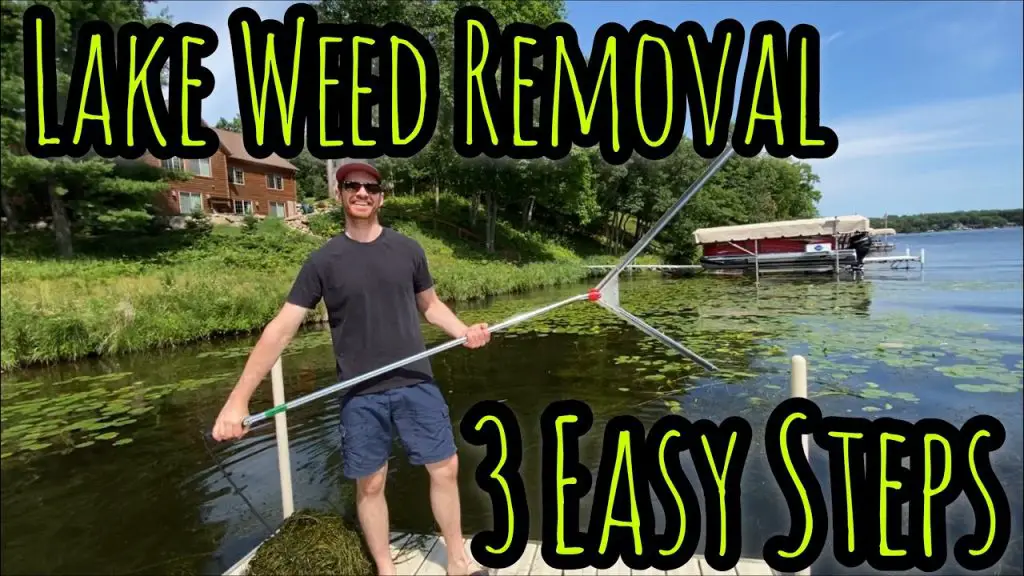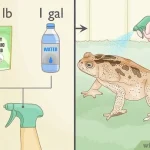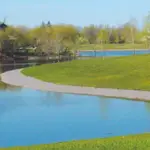Welcome to our guide on effectively getting rid of pond grass. Pond grass, also known as aquatic weeds, can quickly overtake a pond, causing problems for aquatic life, water quality, and overall pond aesthetics. In this article, we will explore various methods to help you manage and eliminate pond grass in a safe and efficient manner.
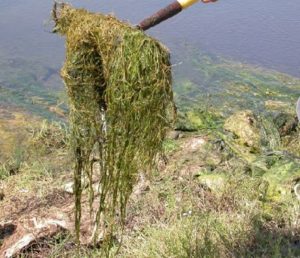
Credit: aquaplant.tamu.edu
Understanding Pond Grass
Pond grasses are a common nuisance in ponds and water bodies. They can include various types of aquatic plants such as cattails, water lilies, duckweed, and algae. These plants can grow rapidly under the right conditions, leading to an overgrowth that can harm the ecosystem of the pond.
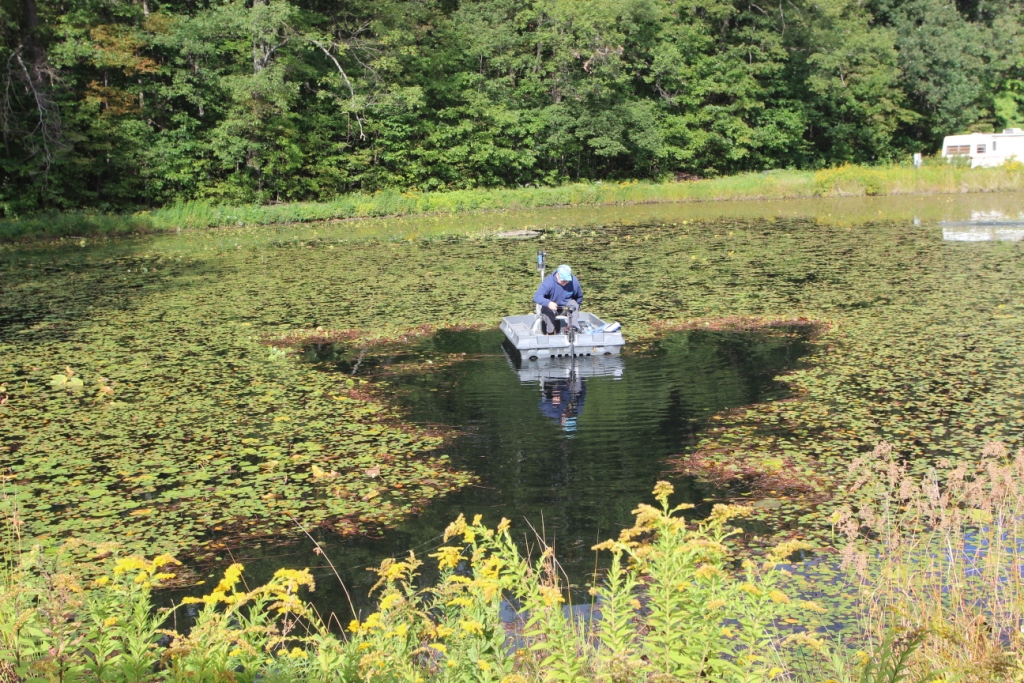
Credit: www.whatpond.com
Methods to Get Rid of Pond Grass
There are several methods you can use to control and eliminate pond grass. Let’s explore some of the most effective techniques:
1. Manual Removal
One of the simplest ways to control pond grass is through manual removal. This involves physically pulling out the weeds from the pond. Make sure to remove the entire plant, including the roots, to prevent regrowth. You can use tools like rakes or weed cutters for this purpose.
2. Biological Control
Introducing natural predators or competitors to the pond can help control pond grass growth. For example, grass carp are known to feed on aquatic plants and can be used as a biological control method. However, it’s essential to research the specific species and their impact on the pond ecosystem before introducing them.
3. Chemical Treatments
Using herbicides is another effective way to eliminate pond grass. There are herbicides specifically designed to target aquatic weeds while being safe for fish and other aquatic life. It’s crucial to follow the instructions carefully and use the right dosage to avoid harming the pond ecosystem.
4. Installing Aeration Systems
Poor water circulation can contribute to the growth of pond grass. Installing aeration systems like fountains or aerators can help improve water quality and reduce the growth of aquatic plants. These systems can also create a more hospitable environment for beneficial bacteria that can outcompete pond grass.
5. Shade The Pond
Excessive sunlight can promote the growth of pond grass. Planting trees or installing shade structures around the pond can help reduce sunlight exposure, limiting the growth of aquatic weeds. However, be mindful of the type of plants you choose to avoid introducing invasive species.
6. Regular Maintenance
Consistent pond maintenance is key to preventing the overgrowth of pond grass. Regularly monitor the pond for signs of weed growth and take prompt action to control it. Implementing a maintenance schedule for activities like pruning, cleaning, and water testing can help keep pond grass in check.
Tips for Preventing Pond Grass
Prevention is always better than cure when it comes to managing pond grass. Here are some tips to help prevent the growth of pond grass in the first place:
- Limit the use of fertilizers near the pond.
- Control runoff from lawns and gardens to prevent nutrient buildup in the pond.
- Regularly remove debris and organic matter from the pond.
- Avoid overstocking fish, as excess nutrients from fish waste can promote weed growth.
- Monitor and maintain water quality parameters such as pH, oxygen levels, and nutrient concentrations.
Conclusion
Managing pond grass requires a combination of proactive prevention and effective control methods. By understanding the different techniques available and implementing a comprehensive pond management plan, you can keep your pond healthy and free from unwanted aquatic weeds. Remember to choose methods that are safe for the environment and aquatic life to maintain a balanced ecosystem in your pond.


